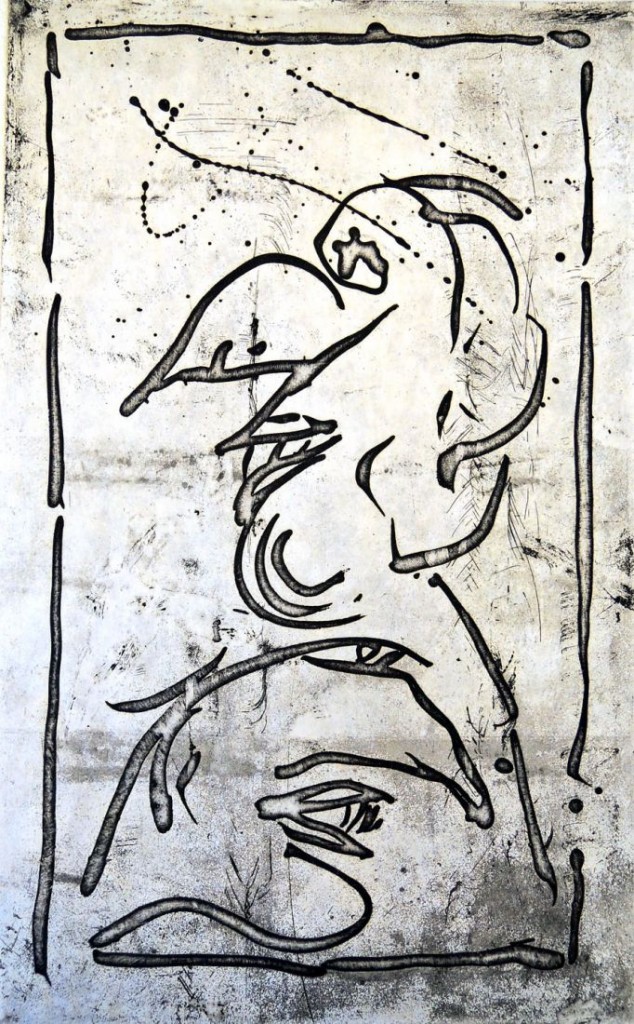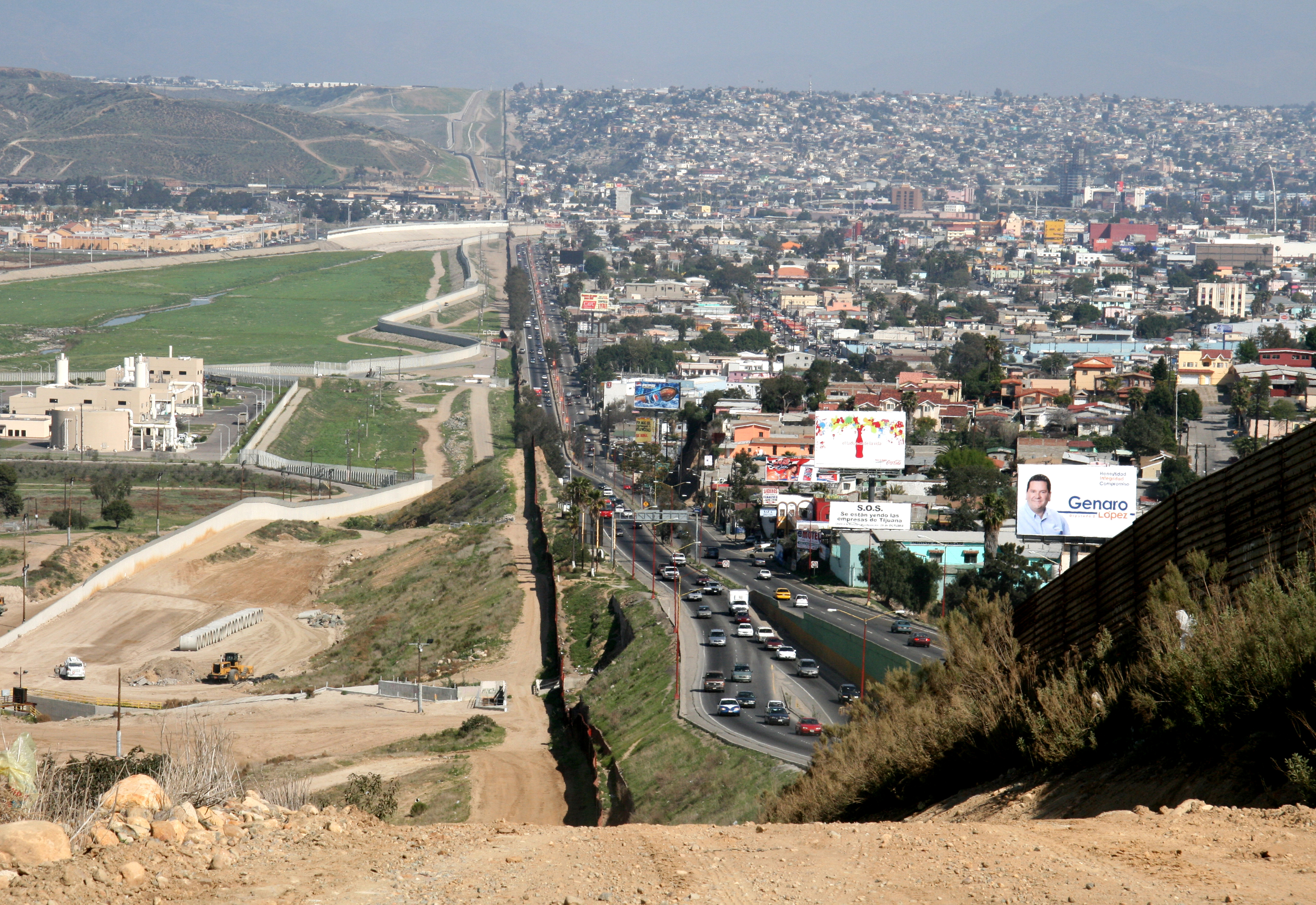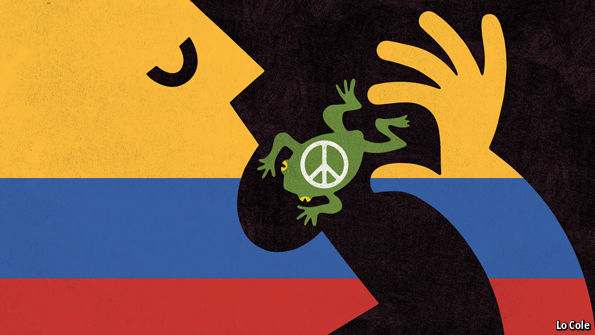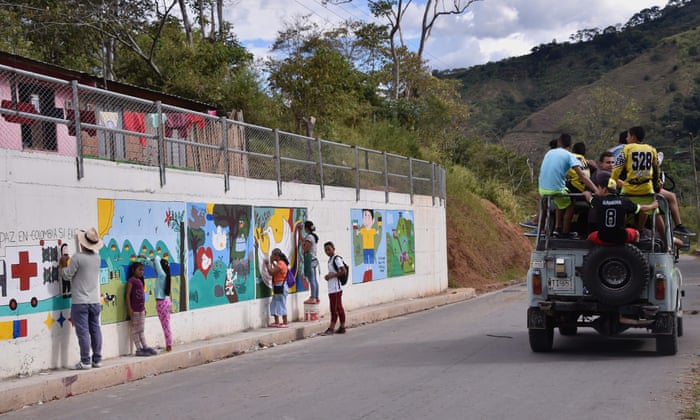
“I would like to share with all of you that the Library’s Graphic Arts Collection recently acquired the artist book Les Discours du Pince-Gueule (1966), a beautiful collaborative piece between Julio Cortázar and the artist Julio Silva. Along with the book, we were also fortunate to acquire many of the drawings and proofs that led to the 1966 limited edition, as well as several albums of photographs of Silva and Cortázar by photographers Pierre Boulet, Colette Portal, Yan Voss, and by Cortázar himself.
To view selected images and read more about the acquisition, please see a posting by Julie Mellby, the Graphic Arts Curator, at https://graphicarts.princeton.edu/2014/12/01/julio-cortazar-and-julio-silva/.
This acquisition was possible thanks to the generous support of Stanley J. Stein, the Walter Samuel Carpenter III Professor in Spanish Civilization and Culture, Emeritus, in honor of Barbara H. Stein, Princeton University’s first bibliographer for Latin America, Spain and Portugal. Thank you so much, Stan!”
-Fernando Acosta-Rodríguez






